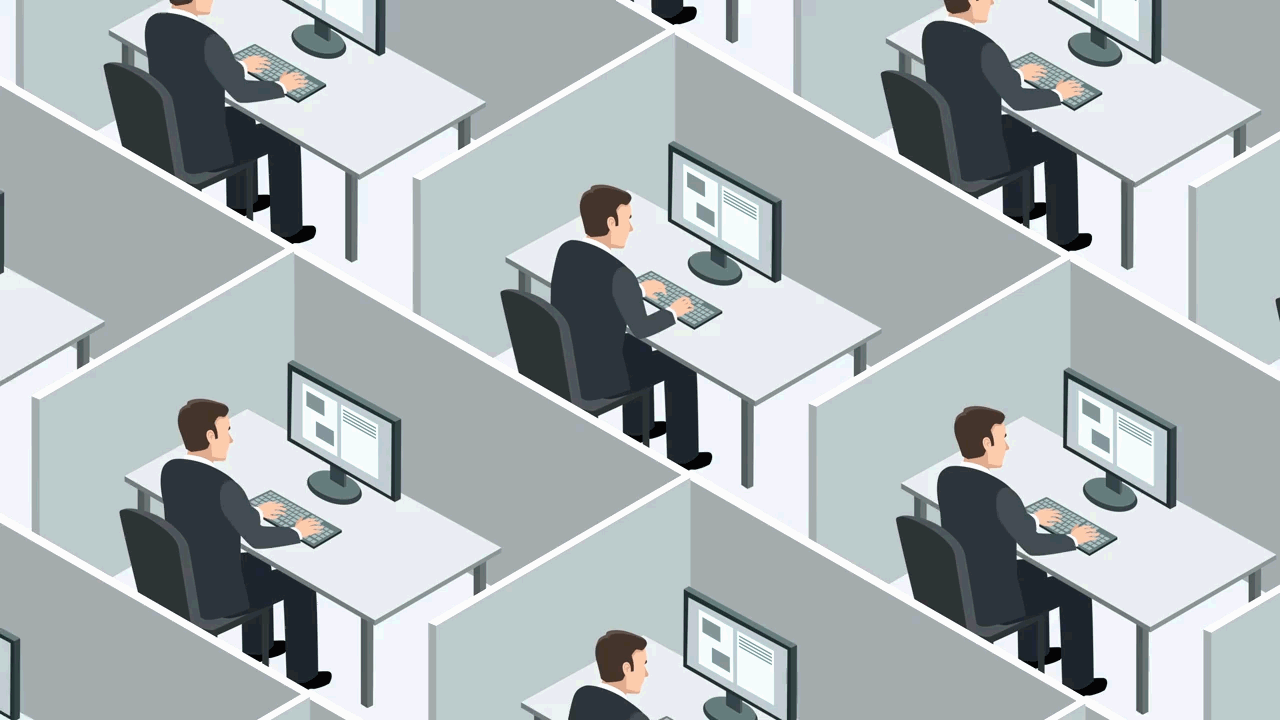My desk at work used to represent part of me. With hybrid work, that all gets left at home.
Many American office workers no longer have a desk of their own at work. It can save employers money on space, but also strips some personality and convenience from the workplace.

I remember them well.
One was short and slightly pear-shaped, varying shades of green with the logo of my favorite neighborhood coffee shop. Another was cream-colored and massive, 24 fluid ounces at least. The last, my favorite, was petite and hilarious, adorned with the quip “Whoops, I spent the grocery money on shoes again.”
They were the coffee mugs on my desk at work. My trusty delivery system for often-caffeinated hot beverages to fuel me through the work day. The green coffee mug was ideal for everyday use. The massive vessel was clutch on days when I needed an extra jolt. And that petite, quippy cup was just right for a small cup of afternoon tea.
Now, they have no home.
Like many other American office workers, I no longer have a desk of my own at work. The office arrangement — in which each employee grabs an empty desk on their in-office days, and fully vacates it when they leave — is often referred to as hoteling or hot-desking.
Now I, and many part-time-commuting hybrid workers, must choose carefully. What is worth lugging along in a bag on in-office days? What warrants reservation of an overnight locker space? And what items will simply fade into the memory of vintage workspaces circa 2019 and before?
The proportion of office workers with no assigned desk nearly doubled from 2020 to 2022, to 19%, The Wall Street Journal reported earlier this year, citing a survey by the Gensler Research Institute.
This kind of arrangement allows employers to save money by downsizing office space that increasingly sits empty when people work from home. But it also creates an inconvenience for workers, and can make the office feel sterile and transient.
To be sure, many office workers retained their individual desks or offices throughout the COVID-19 shutdowns, and returned to those spaces. But according to a recent report by Center City District, cell phone data suggests that only 64% of office workers downtown are routinely at their desks.
Experts have suggested that office spaces will continue to shrink as employers scrutinize the cost of space when people are only in the office a few days a week. That likely means even more workers sharing temporary desktops instead of making a little home within the office.
In other words, while downtown office-worker density is inching back toward pre-COVID levels, elements of the old in-office lifestyle have faded.
Like my coffee mugs.
Not to mention the framed family photos I used to keep on my desk, when I had one all my own. Or the small collection of work-appropriate shoes that allowed me to trek into the office wearing snow boots when the weather called for it, without the added weight of a spare pair in my bag.
The new leader of the Center City District, an organization that represents downtown business interests, recently suggested it’s time to stop thinking about a return to pre-COVID office norms. “We may have a differently formulated ecosystem now,” Prema Katari Gupta said.
While recreating the past may well be futile, and figuring out a more sustainable future is still a work in progress, it could be helpful to look back on what we cherished in the days before hot desks and hybrid work. Are any of those relics worth bringing back?